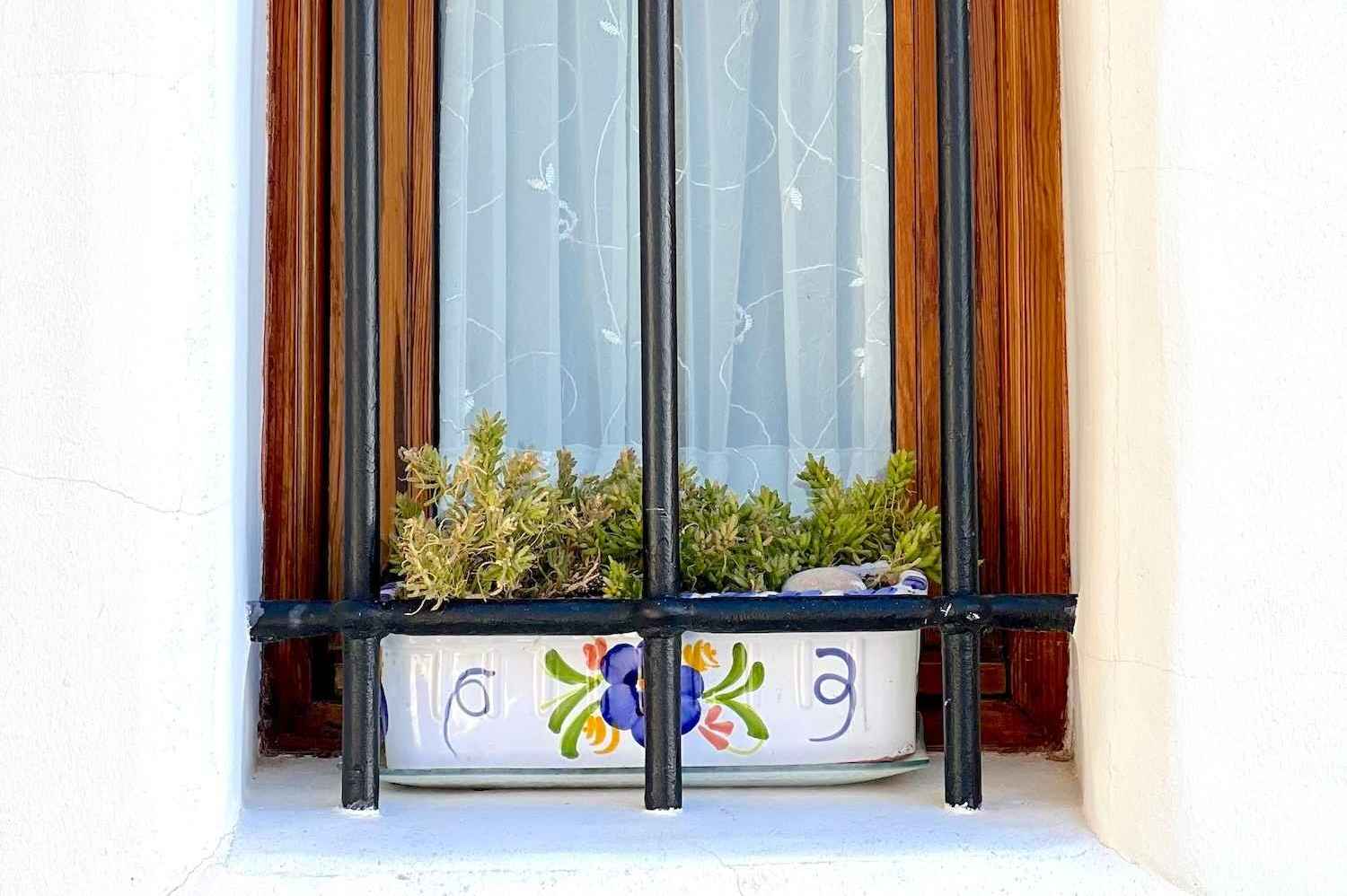The reasons why non-residents don't have to pay capital gains tax when selling property in Spain.
In 1999, the Spanish government modified the regulations governing the municipal capital gains tax, the tax paid when selling a property, and since then foreigners not resident in Spain have been exempt from declaring and paying this tax, i.e. the State has freed them from this obligation, but transferred it, by law, to the buyer. In other words, the State has freed them from this obligation, but it is transferred, by law, to the buyer. Why? In the explanatory memorandum of the law that modified the rules of the game (the Law of Accompaniment to the General State Budget), there was no explanation of this hasty substitution of the person obliged to pay.
For all these reasons, it is worth bearing in mind 5 basic questions when buying a property from a non-resident foreigner in Spain, with the help of José María Salcedo, partner at the Ático Jurídico law firm.
- Who pays municipal capital gains tax in Spain
- How to claim back the tax paid from a non-resident
- How to compensate the buyer for the payment of capital gains tax
- Can the buyer appeal municipal capital gains tax in Spain?
- The necessary collaboration of the non-resident to pay the capital gains tax
Who pays municipal capital gains tax in Spain
The law that regulates this tax is the "Ley de Haciendas Locales" and, in general terms, it is the seller of the property who must pay the municipal capital gains tax. However, in the event that the seller is a non-resident foreigner, they are exempt and the obligation to pay falls on the buyer. Thus, the buyer will be responsible for presenting and paying the tax to the local council where the house is located.How to claim back the tax paid from a non-resident
Although it is the buyer's responsibility to pay the municipal capital gains tax, it should be pointed out that they can claim back what has been paid. How? Spain's General Tax Law (LGT) allows them to demand a refund of the municipal capital gains tax from the non-resident seller. "This, however, is a civil action which, due to the non-resident status of the person or entity from whom the debt is to be claimed, can pose many difficulties", points out José María Salcedo. It is possible that a non-resident refuses to return the capital gains paid to the buyer and that the buyer will have to claim it back through the courts. To avoid greater evils, experts strongly advise that you to agree in the deed of sale of the property how the seller can compensate the buyer for the payment of the capital gain in order to avoid having to initiate a subsequent legal claim.How to compensate the buyer for the payment of capital gains tax
In the deed of sale of the property, a clause can be included that allows the buyer to claim back the payment of this tax. This is commented by tax lawyer Pablo González Vázquez, where he states that "Normally, either a reduction in the price is agreed by the parties, or the amount is usually withheld for subsequent payment by the taxpayer buyer". However, these agreements are not binding for tax authorities, which means that if the buyer is not compensated by the non-resident seller, he or she will not be released from the obligation to declare or self-assess the tax and pay it.Can the buyer appeal municipal capital gains tax in Spain?
The buyer is the substitute taxpayer and the question arises as to whether the buyer can directly appeal municipal capital gains tax in Spain. Salcedo points out that the buyer would have the right to appeal, both by means of an appeal for reconsideration before the local council, as well as in economic-administrative proceedings. In other words, the Law that regulates the municipal capital gains tax (Ley de Haciendas Locales) contemplates the legal standing of both the taxpayer and the person who is obliged to make the payment. In short, lodging an appeal to claim back the municipal capital gains that the non-resident seller does not want to pay may be another option.The necessary collaboration of the non-resident to pay capital gains tax
With the new regulation of the municipal capital gains tax, there are 2 methods for calculating the tax base on which the tax rate will be applied.- The objective formula: in this case, the cadastral value of the property will be multiplied with new coefficients. Each year, new coefficients will be approved in the General State Budget Law, and they will evolve according to the real estate market. This is an optional method, as the taxpayer has the option of paying tax based on the actual capital gain obtained at the time of the transfer of the property. This information is contained in the title deed or in its annexes, so calculating the tax in this way should not pose many problems.
- The real formula: this will be a calculation of the difference between the sale or transfer price and the purchase or acquisition price of the property. If the taxpayer proves that the real capital gain is lower than the one resulting from the objective estimation method, the real one can be applied. At this point it is essential that the seller provides a copy of the deed of acquisition so that the buyer can provide it to the council and thus pay tax on the increase in value actually obtained.








